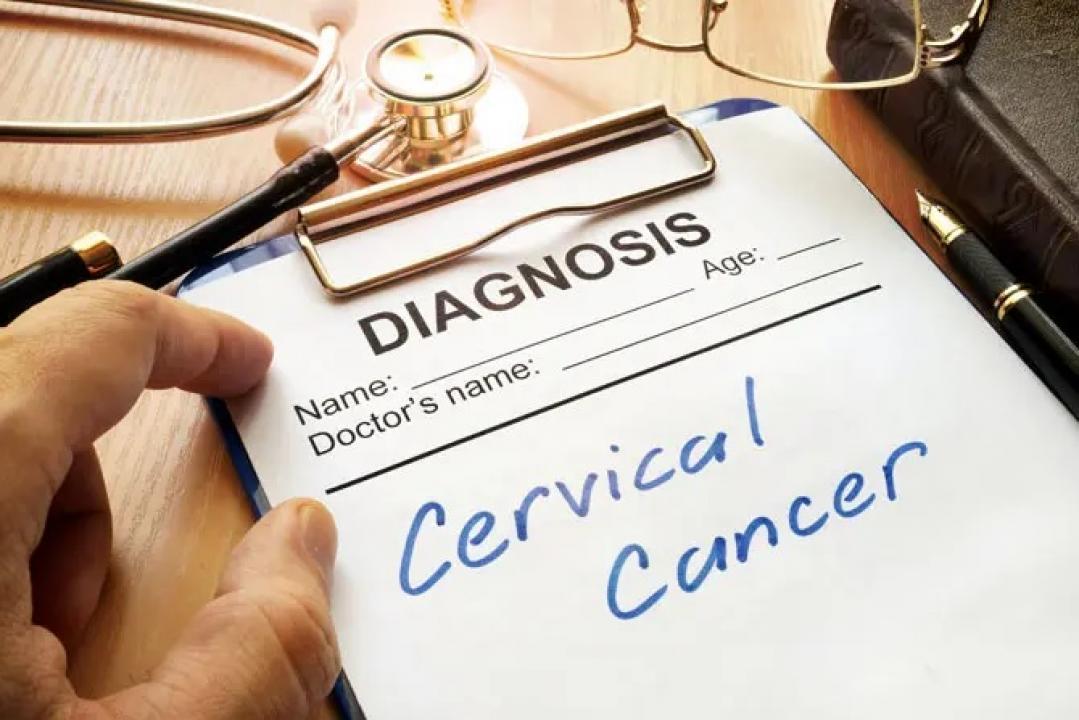Most women diagnosed with cervical cancer die during treatment. Training doctors for early detection of cervical cancer will enable timely disease control

Image for representational purposes only. Photo Courtesy: iStock
The Queen Mary’s Hospital (QMH) of King George’s Medical University (KGMU) has initiated a special training programme for doctors and nurses engaged in women’s healthcare at government hospitals and community health centres (CHCs) in primary and secondary care. The programme will educate the participants in early diagnosis of cervical cancer. KGMU officials said that in UP, approximately 50 women are diagnosed daily with cervical cancer and half of them die during treatment.
ADVERTISEMENT
Prof SP Jaiswar, medical superintendent of QMH said “This programme will enable timely disease control via early detection because deaths from cervical cancer in UP may be higher than WHO’s death rate (56 per cent) as most cases are diagnosed at an advanced stage. Late diagnosis limits options for many UP patients. About 17,600 cervical cancer cases are reported in UP.”
Jaiswar said that doctors from across the state are invited for detailed training on the issue. It is organised jointly by State Institute of Health and Family Welfare and NHM and aims to improve patient outcomes and treatment success. Hospital spokesperson Prof Rekha Sachan said under the training, gynaecologists, emergency officers and surgeons will be trained to identify early cancer signs.
They will be informed about techniques in which cervical cells are collected for the LBC test or HPV test to identify presence of Human Papillomavirus (HPV). She said the Centre recommends that every woman, who is 35 years of age and sexually active, should get her LBC test done every three years. If the results are normal, they can wait for three years until their next test.
For individuals aged 30-65 years, doctors assess the testing options for HPV presence. If the results are normal, the next screening test can be delayed for three years. Alternatively, co-testing with both HPV and LBC tests can be performed. If both results are normal, patients can wait for five years until their next screening.
Besides, doctors are being trained in Visual Inspection with Acetic Acid (VIA) and Visual Inspection with Lugol’s Iodine (VILI) as examinations of the uterine cervix. These tests are essential in detecting and preventing cervical cancer. The tests can identify precancerous and cancerous cells. “If precancerous cells are found, thermal ablation technology available in district hospitals can be used for their removal,” said Sachan.
Also Read: Older adults who exercise regularly have better quality of life: Study
This story has been sourced from a third party syndicated feed, agencies. Mid-day accepts no responsibility or liability for its dependability, trustworthiness, reliability and data of the text. Mid-day management/mid-day.com reserves the sole right to alter, delete or remove (without notice) the content in its absolute discretion for any reason whatsoever
 Subscribe today by clicking the link and stay updated with the latest news!" Click here!
Subscribe today by clicking the link and stay updated with the latest news!" Click here!







